Chuck Woolery is finally dead and I feel that I can walk into the wintry air with a modicum of relief and a new step in my stride. For Chuck Woolery was an unwanted infestation in American life who kept resurfacing on our television sets in the 1980s and the 1990s like a reptilian huckster kidnapping you, tying you up in his car, and then driving you out into the middle of nowhere to try and sell you on a timeshare. He was a worthless and hateful husk of a man, a slimy and fatuous fascist wind-up doll who couldn’t seem to wipe the solipsistic drool that dribbled down the corners of his Botoxed mouth at all times. He was incapable of curbing the pat aphorisms of intolerance that forever spewed from his asshole-scented mouth on social media. There was never a day in which this gauche gasbag failed to flatulate through his lips. He hated LGBTQIA people. He was unapologetically anti-Semitic. He demeaned liberal women because of the way they looked. And he was an early adopter of the bigotry and xenophobia that now passes for mainstream Republican talking points, announcing in 2012 that Blacks and gays did not require civil rights. Because that was literally all he had to hold onto when the producers eventually came to their senses and said, “Why the fuck did we hire that arrogant prick Woolery? Whose fucking idea was that?” (Sadly, the man who first hired Woolery could not be reached for comment. He has gone into hiding for his own safety and is believed to be living under the Witness Protection Program somewhere in Utah.) This made Woolery a little bit like Hitler — that is, if Hitler’s mediocre postcard painting skills were recognized by the likes of Merv Griffin and Mark Goodson after a high school guidance counselor had informed Adolf Woolery early in his life, “You know, game show host. That tracks.” That he said all these terrible things while resembling nothing less than a barely motile wax museum figure was the rare aesthetic touch proving to be accidentally apposite.
Some of the most honorable Americans I have ever known had always secretly hoped that Chuck Woolery would be beaten to death by a rare coalition of Quakers and Girl Scouts. They hoped that Chuck Woolery could run for his life in a jungle, pursued by hungry tigers who would instantly spot an unrepentant racist and devour him on a pay-per-view stream that all of us would happily pay for. But he was taken out for the good of America when the universe recognized, far later than everybody else had, that Chuck Woolery — who has been risibly described by some media figures as the king of smooth talk — did not have a heart. And so what passed for his heart — and the onyx malice that powered it was potent enough to keep this dubious fascist icon alive for eighty-three years — caved in on itself.
Chuck Woolery will leave no legacy other than “We’ll be back in two and two,” which he thundered at the cameras just before a commercial break in a matter that made William Shatner’s overacting look like light Method touches. And while many slow-minded reactionaries glommed onto this false temporal precision presaging a commercial break as some evidence that Woolery possessed wit and intellect, what they failed to understand was that these words represented a coded cry for help. With “two and two,” Woolery was announcing his IQ and his dick size.
This execrable slab of white male entitlement had one, and only one, skill. It was a completely unremarkable skill seen today in nearly all mediocre men and in nearly every finance bro: to boom and bristle with unfettered 20th century toxic masculinity. This was literally the only job requirement if you wanted to host a game show in the 1980s. There was never a moment on television in which Woolery believed in the great lie of his own importance. Woolery deployed this basic bitch quality to preside over some of the most manipulative game shows ever produced in America (specifically, Love Connection, which caused my mother to drink gallons of White Zinfandel every night when she was single). How much pain Woolery created for the American clime is difficult to calculate, but he almost certainly spawned suicidal ideations with his shotgun-to-mouth appeal in at least 62% of his audience. And it’s especially telling that many of these easily manipulated morons grew up and look back at the trauma of Woolery being on television every goddamned night of the week on some UHF station punching above its weight through the rose-tinted lens of childhood nostalgia.
It goes without saying that the world is better off without Chuck Woolery. Television has been drastically improved now that Chuck Woolery can no longer be tapped to tender us with his narcissistic belief that he was the center of the universe. And, perhaps most importantly, Woolery’s death ensures that he will not be appointed to a new Cabinet position for this monstrous incoming President. Then again, given the belief in conspiracy theories shared among the vast plurality of these nominated goons, I would not be surprised if Woolery’s stiff and desiccated body were to be exhumed only days after the funeral, deposited and propped up into a chair, Weekend at Bernie’s style, somewhere in the West Wing, and installed as the Secretary of Game Shows through a recess appointment. Woolery may be dead, but America may not be done with Woolery.
Rest in piss, Chuck Woolery. You were clearly one of the evil ones. You were such a hideous monster that the equally reactionary Pat Sajak somehow looks classy by comparison.
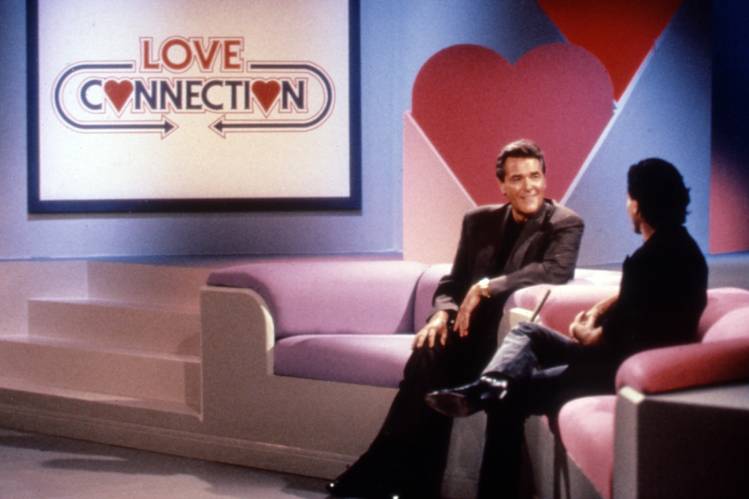
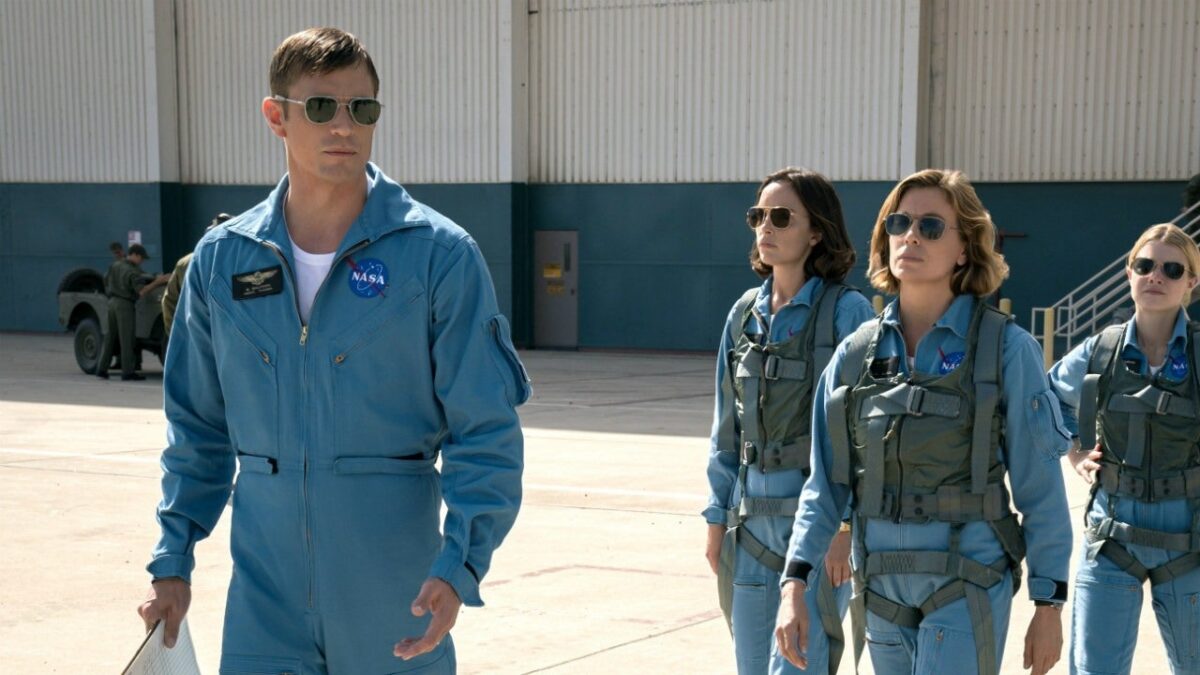
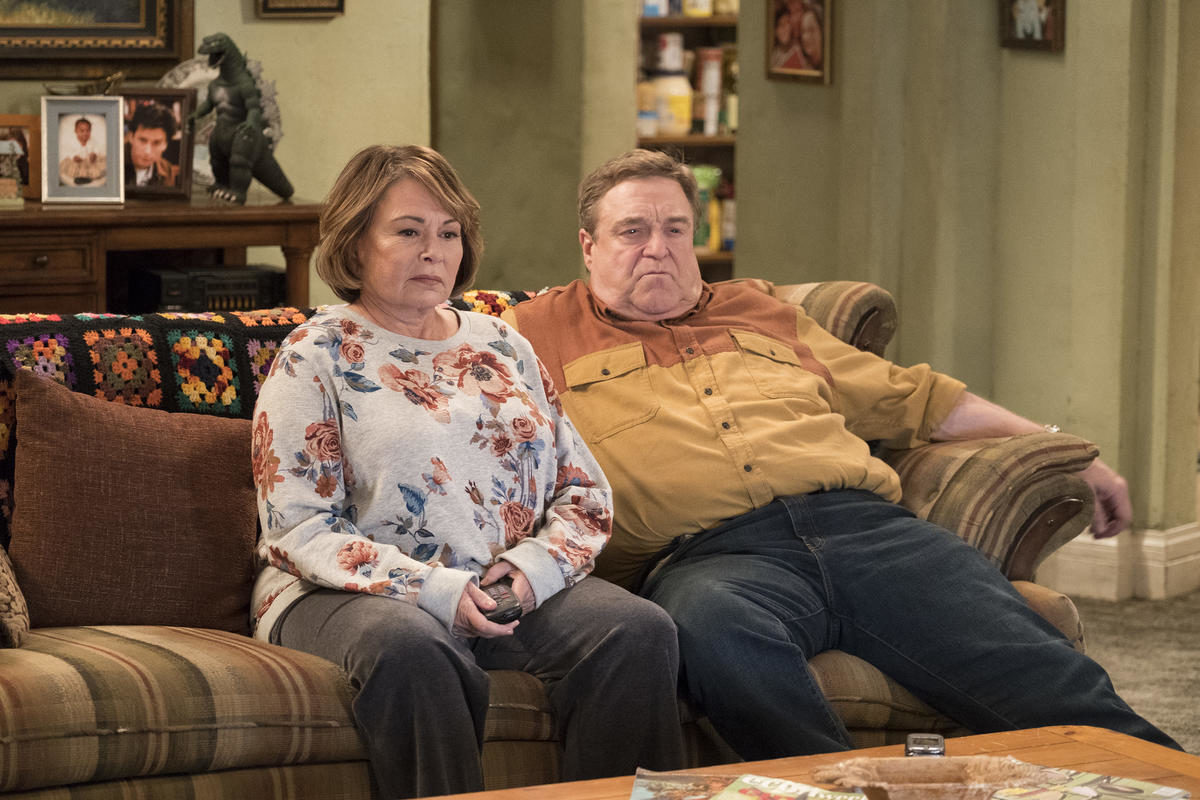
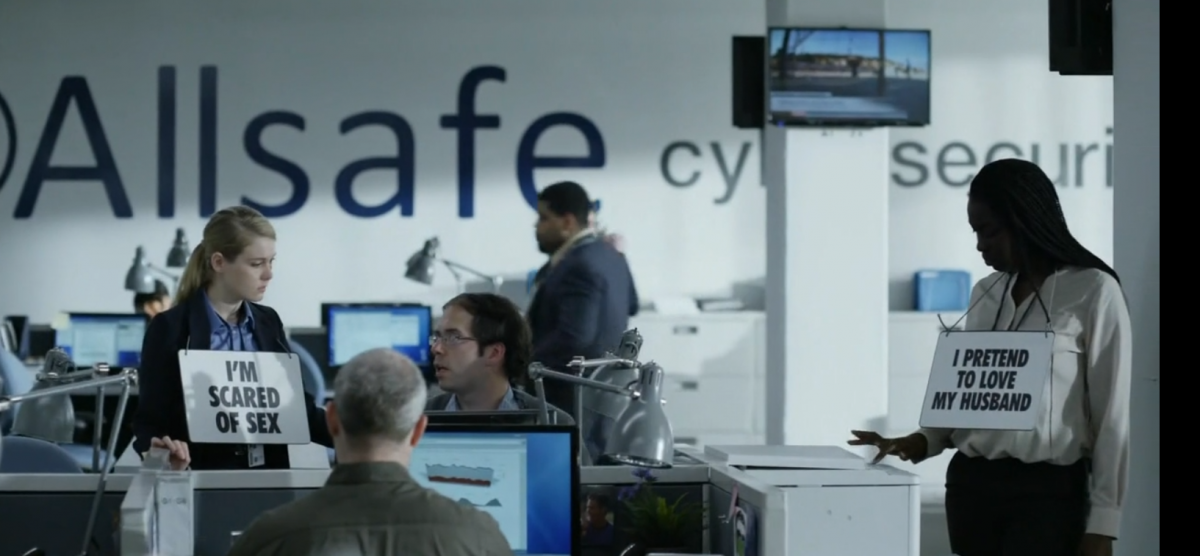
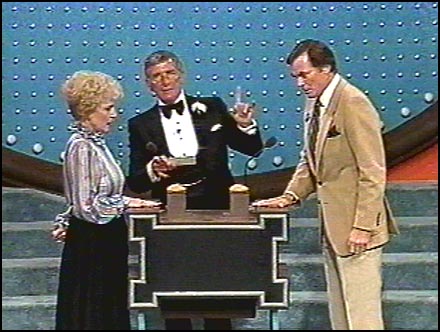
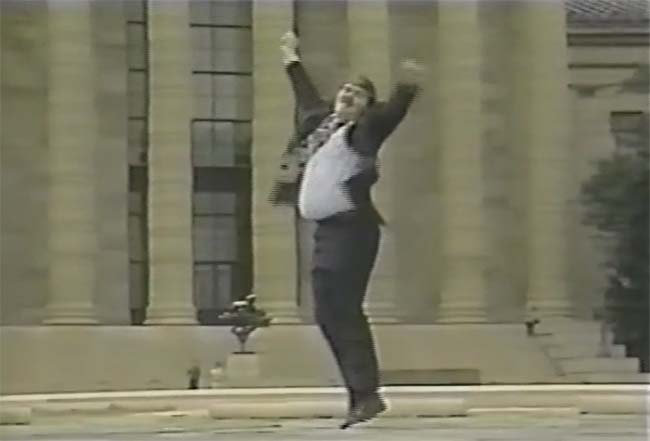
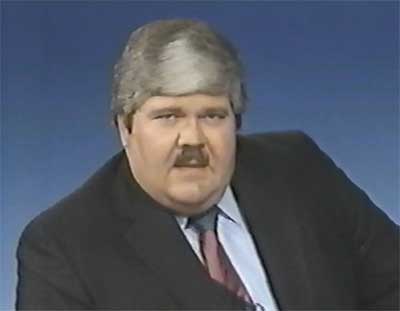
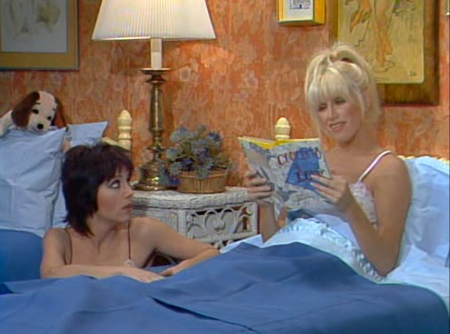
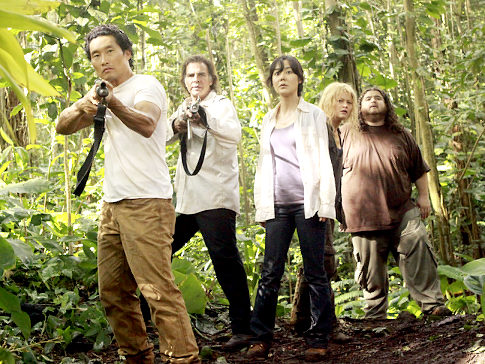
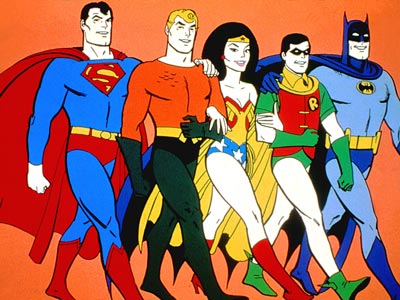

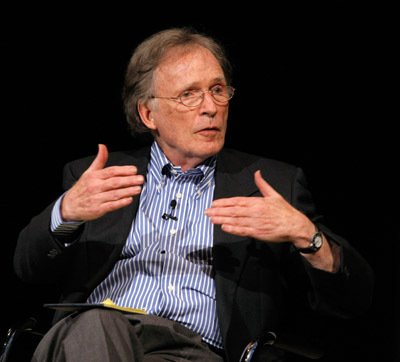 Correspondent: I’m curious about this period of you coming to New York. Coming into town. You’re on the prowl trying to get work as an actor. Before you eventually become a copy boy for Time Magazine.
Correspondent: I’m curious about this period of you coming to New York. Coming into town. You’re on the prowl trying to get work as an actor. Before you eventually become a copy boy for Time Magazine.
 Correspondent: I should probably start this conversation off by confessing something to you. I think that Rachael Ray is a bit on the crazy side. She’s not someone who really makes me comfortable. I’m actually quite frightened by her. You know, I don’t find her down-to-earth at all. And I think maybe we can start off by describing how we went from this relatively benign cooking show setup, in which you had a quieter, less frenetic impulse, to this more exhibitionistic cooking show that involves a Jerry Springer-like audience shouting for the EVOO and all that. How did we get from one extreme to the other? Do you have any fundamental observation throughout the course of your meticulous observations?
Correspondent: I should probably start this conversation off by confessing something to you. I think that Rachael Ray is a bit on the crazy side. She’s not someone who really makes me comfortable. I’m actually quite frightened by her. You know, I don’t find her down-to-earth at all. And I think maybe we can start off by describing how we went from this relatively benign cooking show setup, in which you had a quieter, less frenetic impulse, to this more exhibitionistic cooking show that involves a Jerry Springer-like audience shouting for the EVOO and all that. How did we get from one extreme to the other? Do you have any fundamental observation throughout the course of your meticulous observations? Lorrie Moore’s
Lorrie Moore’s 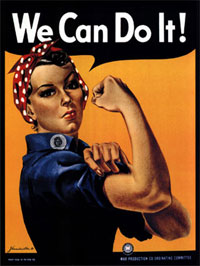 I wonder if Moore remains aware that,
I wonder if Moore remains aware that,